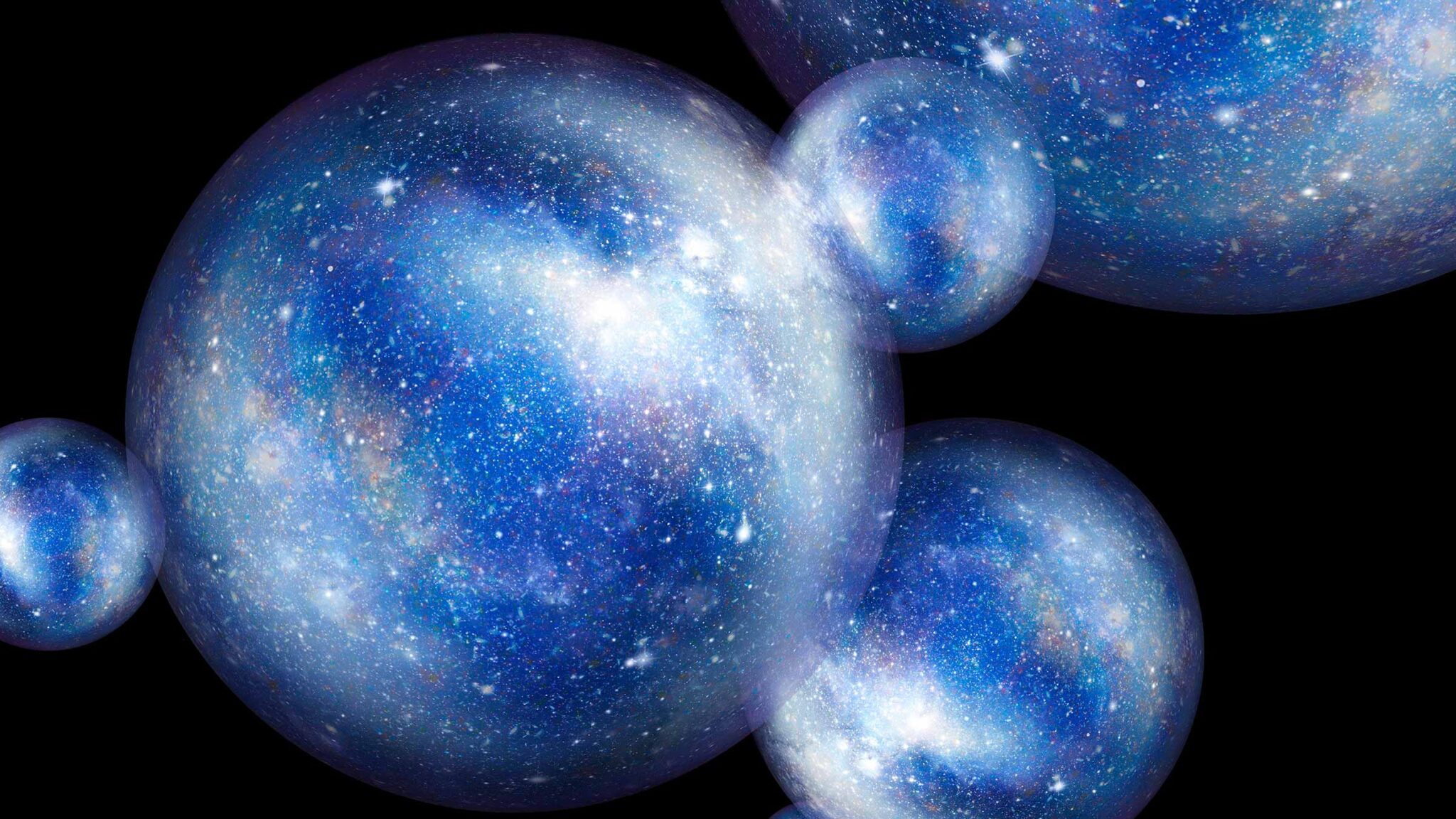A scientific group from leading American institutions announced the discovery of the “missing law” of evolution, which could radically change our understanding of the functioning of the Universe. It goes beyond classical physical laws — such as the laws of dynamics and universal gravitation — and uses the concepts of Charles Darwin’s theory of evolution to explain how inanimate phenomena can evolve and adapt to changes.

The researchers published their findings in the journal PNAS, where they expressed the idea of the “law of increasing functional information”. They argue that, like natural selection in the living world, complex inanimate systems — from atoms to stars and galaxies — can evolve through the exchange of information with the environment. In particular, scientists have identified “universal selection concepts” that encourage systems to adapt to changes in the environment.
The author of the study, Dr. Michael Wong from the Carnegie Institute of Science, explained that his group of scientists and philosophers considered Darwin’s theory of evolution as a special case of a general process used in inanimate systems. According to him, the latter are also able to adapt and develop. This is similar to the process of natural selection that occurs in the living world, where beings adapt and evolve according to environmental conditions. Understanding these complex systems with the help of a new law can help study the Earth’s biosphere in more detail.

“The Earth’s biosphere is a complex system. We have to ask ourselves: What functions are we contributing to or harming our own constantly evolving biosphere? Which features of our modern society contribute not only to preservation, but also to long-term prosperity, and which aspects require changes,” said Michael Wong.
Criticism of the hypothesis
It is important to note that the new law has caused various reactions in the scientific world. Dr. Stuart Kauffman of the Institute of Systems Biology identified the report as “superb, bold, broad, and transformational”, while Andrea Roli, a professor at the University of Bologna, noted that the hypothesis could contribute to joint discussions and interaction between different scientific communities.
However, there are also scientists who criticize the discovery. Astronomy professor Martin Rees is not sure that this law can be a contribution to the understanding of inanimate systems, and notes that it does not have the same fundamental status as Darwinian selection in biology.
It is worth noting that although the laws do not answer the question of the “meaning of life”, they provide a basis for understanding how everything works around us. Such hypotheses give other scientists a grain for reflection and subsequent revolutionary discoveries that can change our understanding of the Universe, as Albert Einstein did with his General Theory of Relativity.
Earlier we reported on how the study destroyed the worst prediction in the history of physics.
According to eurekalert.org
Follow us on Twitter to get the most interesting space news in time
https://twitter.com/ust_magazine


